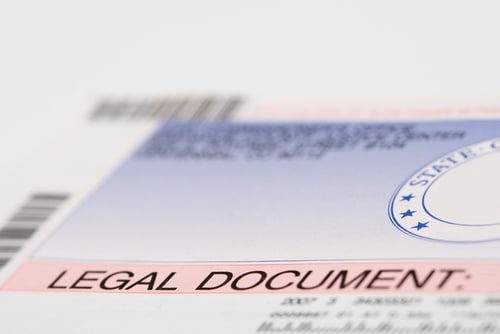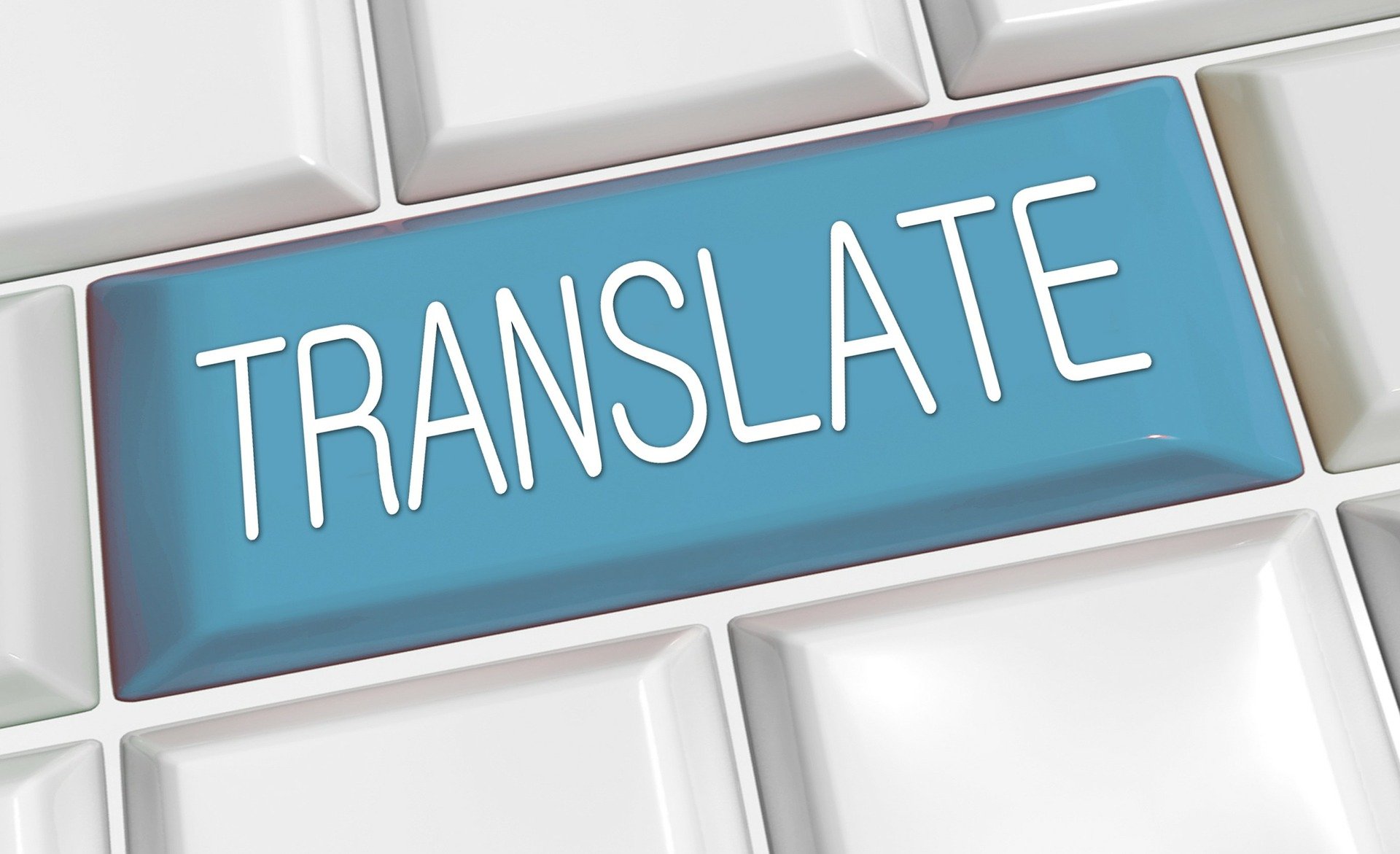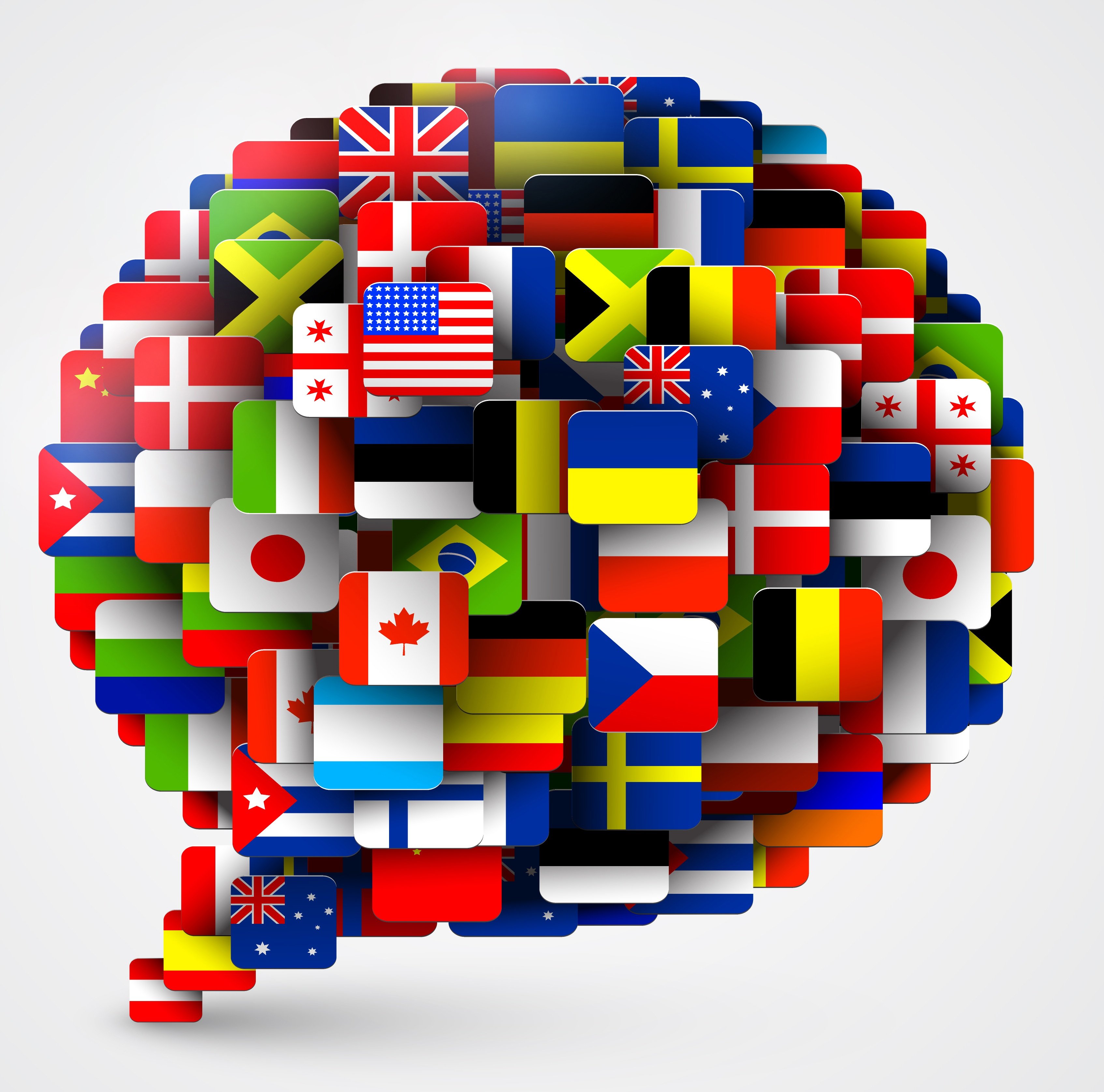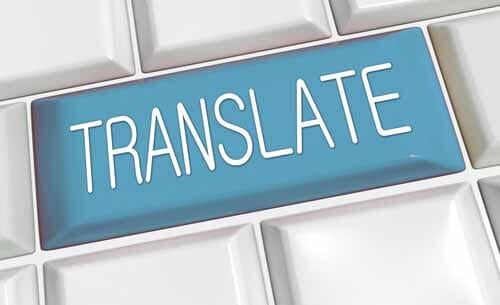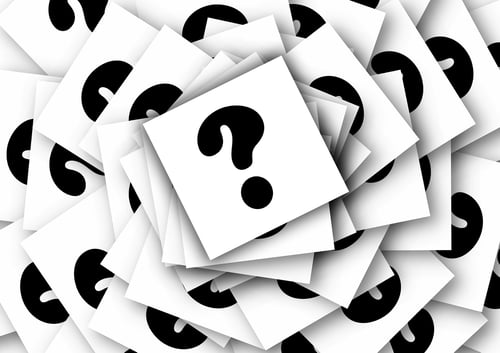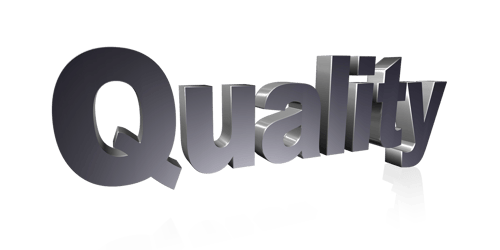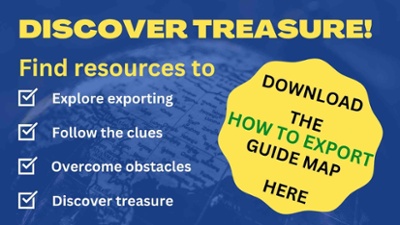Listen to Audio Version:
We were recently speaking to a prospective new client who had never purchased translation services before, and they mentioned that they didn’t know the right questions to ask a prospective translation company. To help our prospect and others in this situation we put together a list of questions to help you understand the differences between language service providers.
|
Not All Translation Companies are Created Equal
When you are shopping for translation services, you want to find an agency that’s a good fit, one you can partner with to build a long-term relationship that will ensure accuracy, consistency, and timely services. On a basic level, all translation companies provide the same services – written translation. Some may provide different types or specialties of these services, but the basics remain the same.
The questions provided here will help you evaluate the qualifications of the company you are researching as well as give insight into what makes them stand out against their competitors.
Basic Background Questions
Let’s start off learning some basic information about the agency and their background. The goal of these basic questions is to learn about them and find out if they offer the types of services that you need now and any that you anticipate needing in the future.
1. What is your story?
2. How long have you been in business?
3. What are your guiding principles (mission, vision, values)?
4. Where are you located and where do you provide services?
5. What languages do you offer?
6. What makes you different from the competition?
Service Questions
Now that you know more about them it’s time to ask questions about the types of services the offer and whether they have any specialties that fit your needs.
7. What type of translation services do you provide?
8. Do you offer any services beyond basic translation?
9. Do you specialize in an industry or service category?
10. What do you provide that other agencies do not?
11. What makes your services special?
12. Do you provide spoken interpretation?
Project Management Process
Ask about the process to see if it will work well with your internal processes to ensure a smooth project.
13. Can you help us figure out what we need?
14. What is your project management process?
15. What technologies or software do you use for translation or project management?
16. What is your process for requesting and monitoring translation services and projects?
17. Do you offer guidance or consultative services? In what areas?
Qualifications of Translators
Having the right professionals provide your multilingual communications improves the quality of the outcome. These questions will give you information about the team of translators the agency uses, their education, experience, and history of working with the agency.
18. How do you screen and qualify your translators?
19. How long have you worked with the translators you’ll assign to my project?
20. How much experience do your translators have?
21. Are your translators native speakers of the target language(s)?
22. What resources do your translators use to stay current on language and culture?
23. Can I get background information about the translator you’ll assign to my project?
24. Do your translators use machine translation/Google Translate?
25. Do translators stay consistent on my projects?
Quality and Document Management
Accurate multilingual communications are the goal. These questions will help you understand how the agency ensures the quality of their services, how your documents will be handled, and how they ensure confidentiality of your materials.
26. How do you ensure quality?
27. What QA process are available to ensure my translation is accurate
28. Do you offer any sort of guarantee?
29. What format do you need my materials in, and what format do you deliver the final translations in?
30. How do you store and handle my materials/documents?
31. How do you handle version control and document management?
32. Will my materials be kept confidential?
33. Will you sign an NDA?
34. Do I retain ownership?
35. Do you share my materials in any way?
Cultural Adaptation
Translation is about more than just having the right language. Culturally adapted materials and messaging resonate better with prospects and will lead to a better outcome for your project.
36. Do you offer cultural adaptation as an included service?
37. How do I know the language is appropriate for the target audience?
38. How do I know it won’t offend my audience?
39. How do you handle messaging that your translator deems inappropriate for the target culture?
40. Can I have an in-country member of my team review the translations as part of the process?
41. Do you advise when your translator sees images or visuals that need to be culturally adapted?
Shop on Value
Let’s face it, price matters. But it’s important to fully understand the quote, what is included, what is NOT included and what is the value you are getting. Just comparing a per-word price from one agency to another does not always give you an accurate picture. It’s like the old saying “comparing apples to oranges,” even though it looks like you’re comparing two like things, you may be missing the details. So ask questions to help you determine the value of what the price includes to make sure you are seeing the big picture.
42. How much do your services cost?
43. What other fees do you charge?
44. What is included in the cost?
45. What is NOT included in the cost?
46. Why does your price seem to be higher/lower than other agencies I’ve spoken with?
Past Experience
Finally, you’ll want to look at their experience in your industry as well as what types and sizes of companies they’ve worked with. Read the testimonials they have on their website, look at reviews on other sites like Google and Yelp, and call their references to get a first-hand account of their clients’ experiences.
47. Have you worked with any other companies in my industry?
48. Who else have you provided services for?
49. Where can I find testimonials or reviews from past clients?
50. Can you provide references?

Your Role and Responsibilities
Beyond fully screening the translation company to evaluate their fit for your project, there are steps you can take to ensure high-quality translation, as well as help build a partnership with the agency for future needs.
-
Share Your Goals or Challenges – Why are you Seeking Translation Services – Always explain your intentions for the translation. Let the translation company know if the text will be used for product packaging, an employee handbook, technical documentation, advertising, etc. The more your translation company knows, the easier it is for them to make sure the final product meets your job specifications.
-
Define Realistic Deadlines – Be realistic about the deadlines you set. The more time you can allow for completion of a translation task, the more likely that the translators will have an adequate period for reflection, consultation, research, and revision. Try to schedule your job as far in advance as possible. Your translation company can meet your requirements better and at a lower cost with advanced notice. Try to avoid the trouble, expense and risk involved with rush jobs.
-
Provide Complete and Finalized Copies – When translating a larger document, don’t divide the project into sections. Allotting portions of a large document to several translation companies, or multiple translators within a company, will only increase your margin of error. The final product will be a document with inconsistent terminology and writing styles.
-
Keep Communication Open – Make yourself available for questions on meaning or interpretation of phrases. Open communication with the translator is the best way to avoid misunderstandings. Also request that the translation company retains an electronic copy of both the original and the finished translation. This provides faster follow-up and quality control if the project requires editing or revision work.
-
Conduct Internal Reviews and Share Feedback with Agency – If you make internal edits, have the translation company review them and retain copies of the final document. If you return to the company for updates and they do not have the latest version, it increases costs and time.
Selecting a qualified translation company is an important responsibility and these steps help ensure the project is a successful one. To create a high-quality finished product, and build a long-term relationship for consistency and quality, takes work on both sides. By being diligent during your selection process and by working closely with your translation company, your project will be a success.
Rapport International specializes in multilingual communications, providing language translation and interpretation services that are accurate and culturally appropriate. We use the right voice, correct terminology to avoid liability, customize services to your needs, and deliver on time and within your budget. And with our 100% satisfaction guarantee, you can trust that it’s done right. Contact us today if you would like more information or to get a free quote.
Rapport International specializes in multilingual communications, providing language translation and interpretation services that are accurate and culturally appropriate. We use the right voice and the correct terminology to avoid liability, customize services to your needs, and deliver on time and within your budget. With our 100% satisfaction guarantee, you can trust that it’s done right. Contact us today if you would like more information or to get a free quote.
Popular Posts
Popular industry news, interviews, technologies, and resources.




